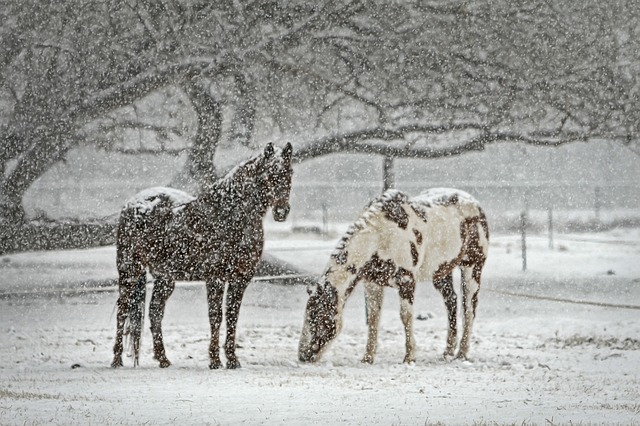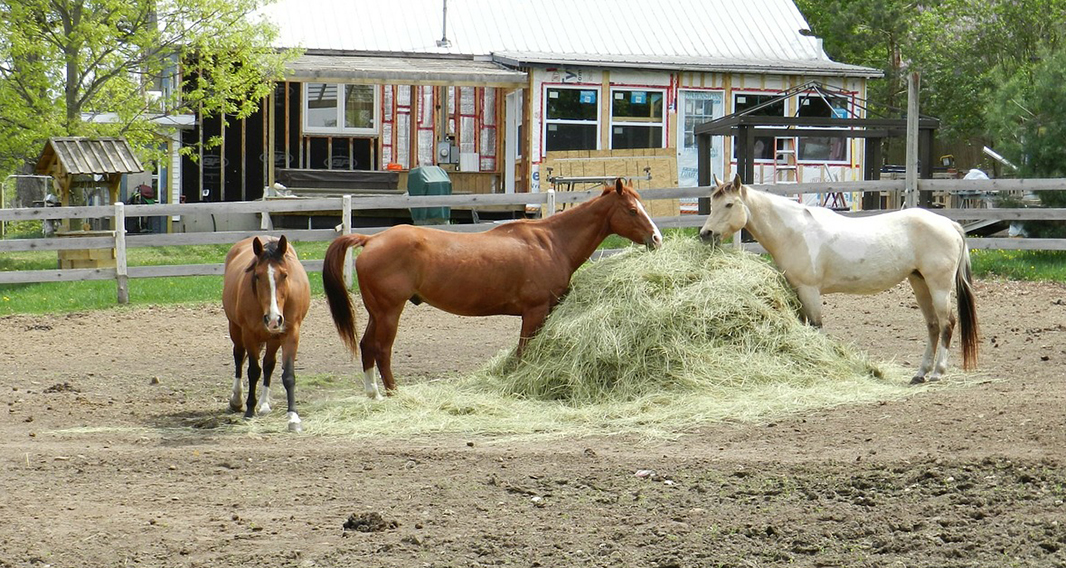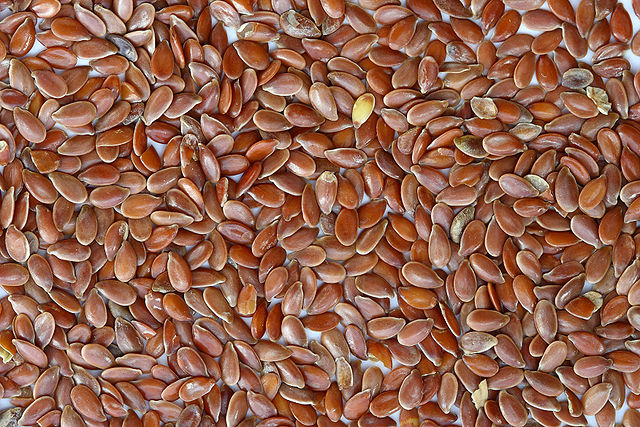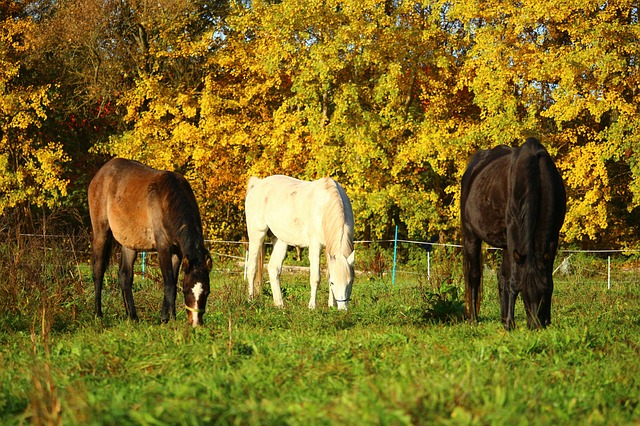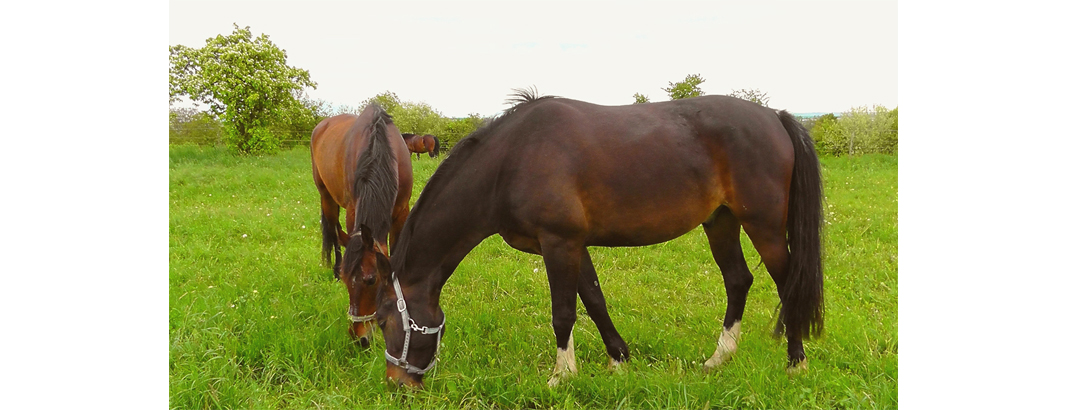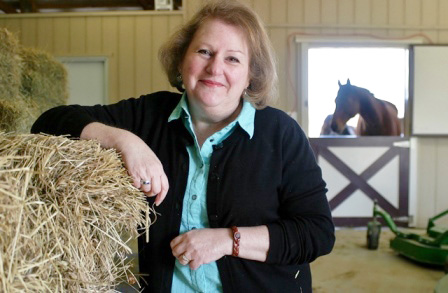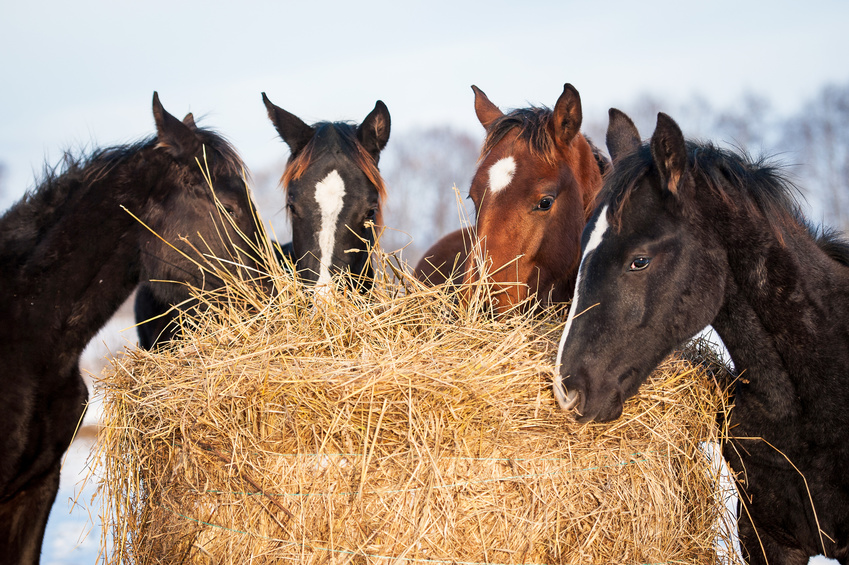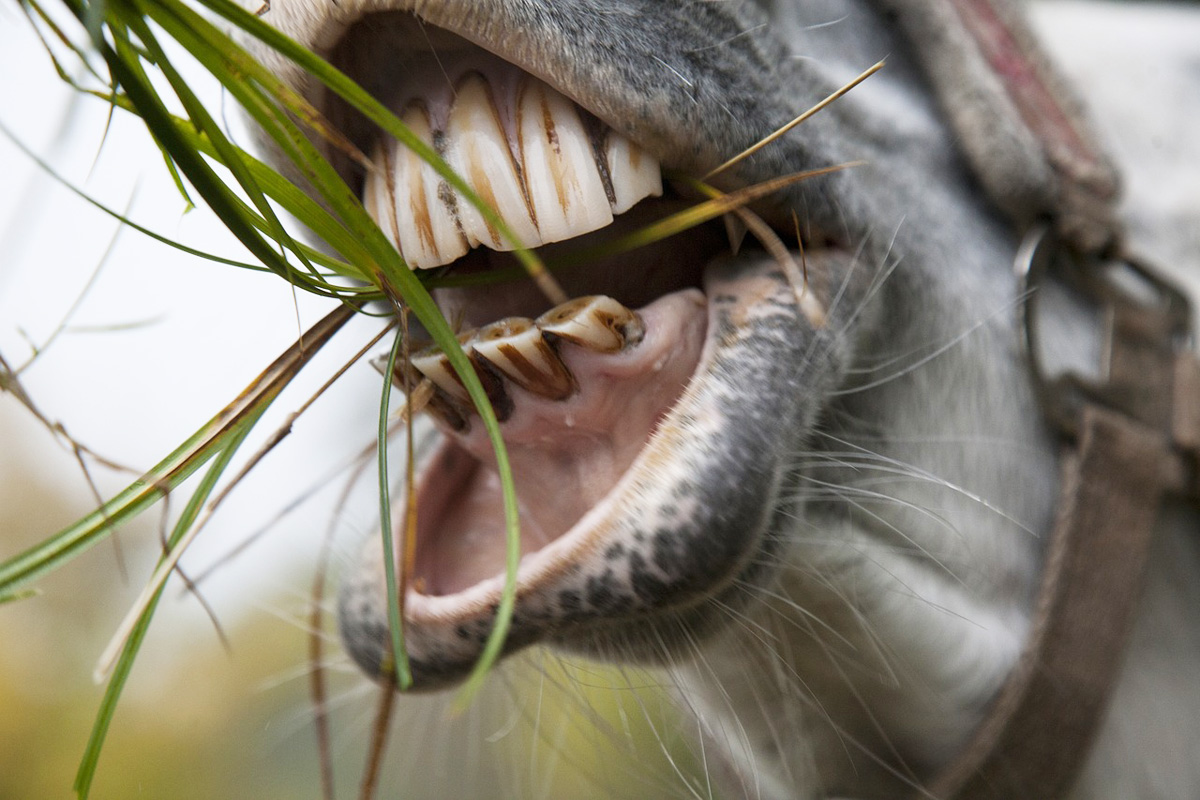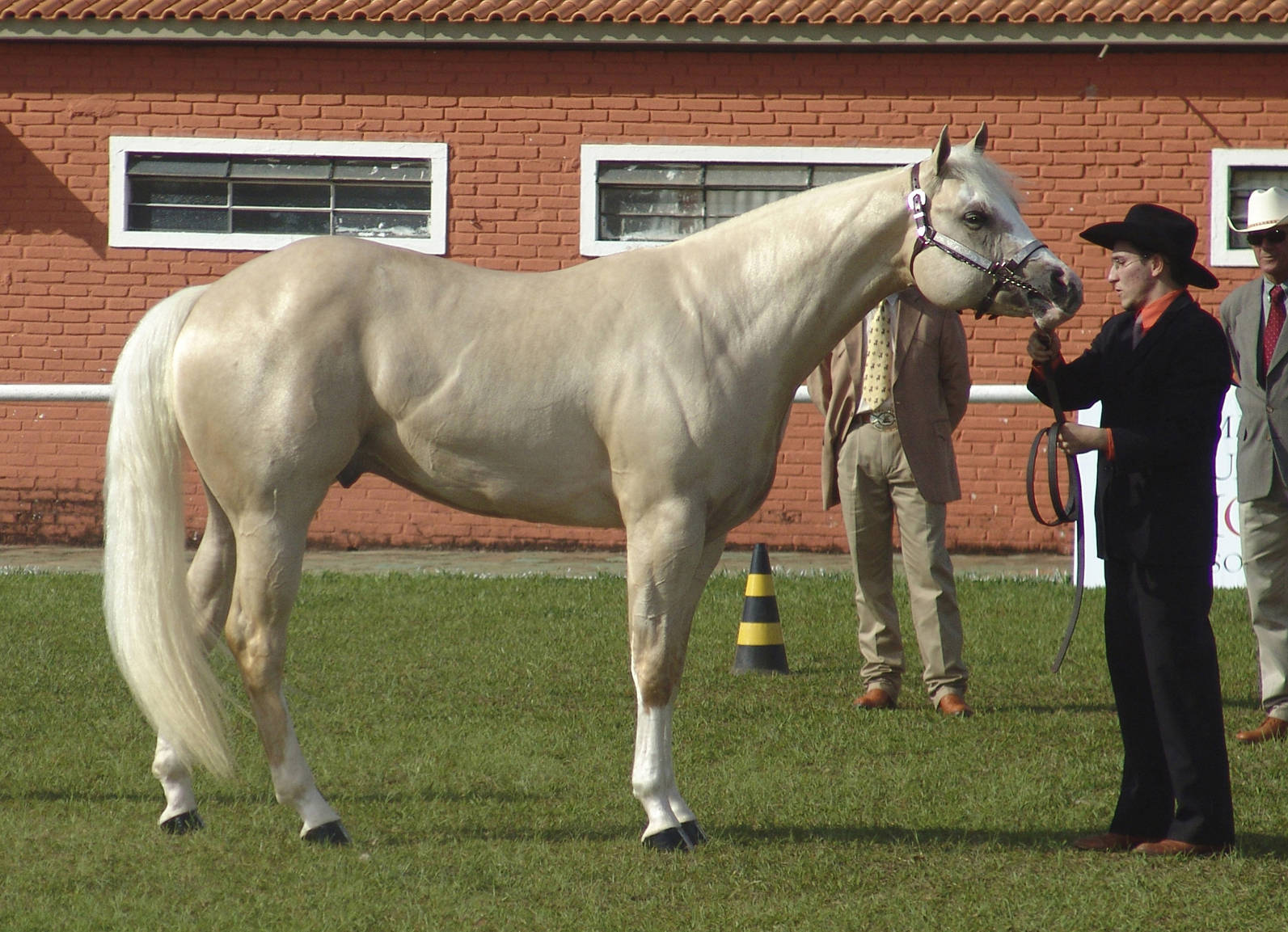Dr. Getty’s Tip of the Month: Snow will NOT meet your horse’s water needs!
Piles of fluffy snow in your pasture – and a horse that nibbles at them – making you think your horse is all set for water this winter? Sorry. Think again, please! The main cause of colic during the winter is from reduced water consumption. Snow will not provide enough … Read More





